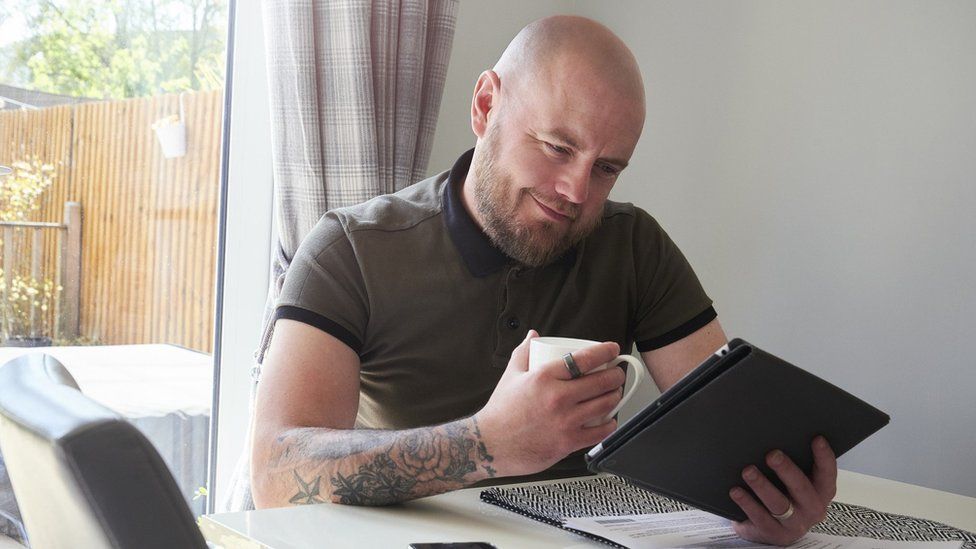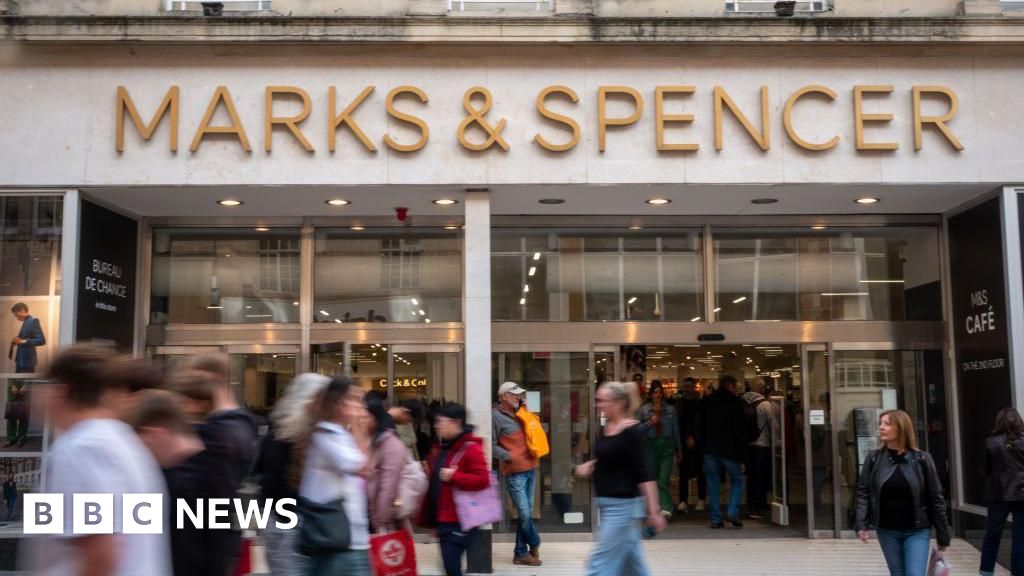ARTICLE AD BOX
 Image source, Getty Images
Image source, Getty Images
By Kevin Peachey
Cost of living correspondent
Low-income households are now starting to receive the latest cost-of-living payment from the government to tackle ongoing high bills.
Eight million means-tested benefits claimants, including people on Universal Credit, should receive the £301 instalment between now and 17 May.
Further almost identical payments will come in the autumn and next spring. All will be transferred automatically.
The cost of the supermarket shop has kept inflation - the rate of rising prices - stubbornly high in the UK. A typical household's energy bill also remains at £2,500 a year, although all of these bills are expected to drop later in the year.
Cost-of-living payments were originally introduced to help struggling families cope with the soaring cost of gas and electricity. Two payments totalling £650 were made last year.
However, they were never exclusively targeted at these bills, and households could always spend the money as they saw fit. Many are likely to use the latest instalment to cover the cost of putting food on the table.
How it is paid?
The latest £301 will be paid directly into eligible recipients' bank accounts, without the need to make a claim.
The payment reference for bank accounts will be the recipient's National Insurance number, followed by DWP COL.
Those who qualify for the money solely through tax credits will receive their cost-of-living payment from 2 May.
In addition, during the summer, more than six million people with disabilities will get an extra £150. During next winter, over eight million pensioners will receive an extra £300.
Am I eligible for the money?
To qualify for a payment, you must receive one of Universal Credit, Income-based Jobseekers Allowance, Income-related Employment and Support Allowance, Income Support, Working Tax Credit, Child Tax Credit, or Pension Credit.
You will need to have been entitled to a payment for one of these benefits between 26 January and 25 February 2023, or payment for an assessment period ending between these dates.
Low-income pensioners who are eligible for, but not claiming Pension Credit, can still qualify for the cost-of-living payment if they make a successful backdated Pension Credit application by 19 May.
When will bills go down?
Many households will be using less gas during the coming warmer months, and the lights will be on less during the longer days. That, for some, will mean lower bills, although the difference is generally smoothed out for those who pay for energy via direct debit.
The likelihood is that bills could fall in the summer, as lower wholesale energy costs paid by suppliers feed through to consumers.
Here are some energy saving ideas from environmental scientist Angela Terry, who set up One Home, a social enterprise that shares green, money-saving tips.
- Getting a water efficient shower head free of charge from your water company and using showers rather than baths
- Considering loft insulation, which she says costs around £460 for a typical semi-detached home and could save £355 a year on gas bills
- Hanging out washing instead of using a tumble dryer, and walk instead of drive when possible
- Use windy days to feel where draughts are in the house. Wetting the back of your hand helps to locate them, then use insulation or draught-proofing tape
- When available, press the smaller button to use less water to flush the toilet

 2 years ago
49
2 years ago
49








 English (US) ·
English (US) ·